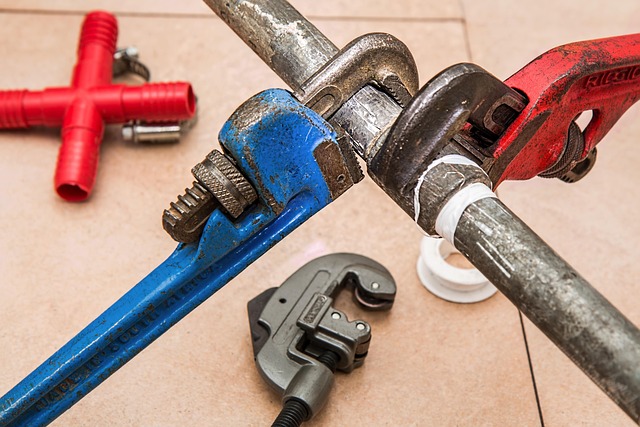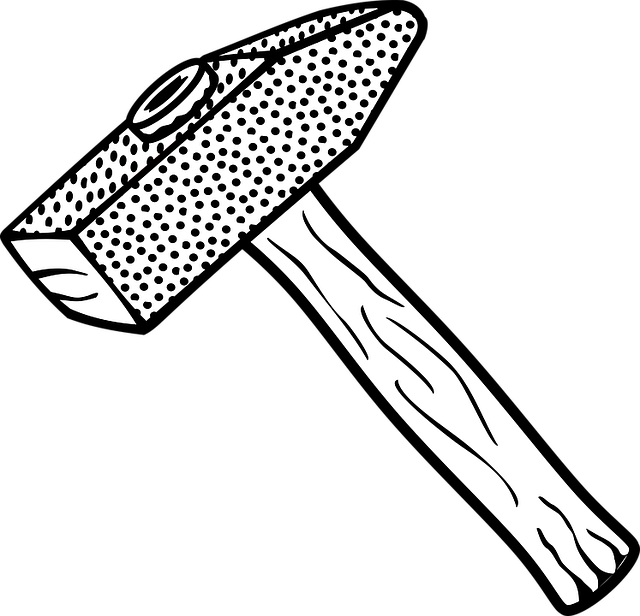Transmission issues, from slipping gears to total failure, can be costly and frustrating. Choosing Select Transmission Repairs specialists with expertise in traditional and modern systems is key to diagnosing and fixing problems like internal slippage. Regular maintenance, including fluid checks and clutch inspections, prevents major breakdowns. Opting for a reputable auto shop offering hydramatic overhauls and manual repairs, backed by positive reviews, ensures long-term vehicle health and saves on repair costs.
Transmission issues can pose significant challenges for vehicle owners. This comprehensive guide delves into the heart of these problems, offering insights on understanding common transmission difficulties, diagnosing them using advanced tools and methods, and implementing effective strategies for select transmission repairs. We also explore preventive measures to safeguard your vehicle against future transmission issues, ensuring a smoother driving experience.
- Understanding Common Transmission Problems
- Diagnosing the Issues: Tools and Methods
- Effective Strategies for Select Transmission Repairs
- Preventive Measures to Avoid Future Transmission Issues
Understanding Common Transmission Problems

Transmission issues can significantly impact a vehicle’s performance and reliability, causing frustration for drivers and adding to maintenance costs. Common problems include slipping gears, harsh shifting, and even complete transmission failure. These issues often arise due to various factors such as age, poor fluid maintenance, or mechanical wear and tear. For example, electronic transmission controls, while advanced, can be sensitive to power fluctuations or software glitches, leading to inaccurate shift timing.
When it comes to addressing these challenges, selecting the right transmission repairs is crucial. Many drivers turn to local transmission specialists who have a deep understanding of both traditional and modern transmission systems. These experts can diagnose problems, whether in personal vehicles or commercial fleet transmission care, ensuring optimal performance. By staying on top of regular maintenance and promptly addressing any unusual symptoms, vehicle owners can prevent major breakdowns and extend the lifespan of their transmissions.
Diagnosing the Issues: Tools and Methods

Diagnosing transmission issues accurately is the first step towards effective repairs. Mechanics employ a range of tools and methods to pinpoint problems, ensuring they select the most appropriate transmission repair. This process often begins with a thorough inspection using advanced diagnostic scanners that communicate with the vehicle’s computer system. These scanners can identify codes related to transmission performance, helping mechanics understand the root cause.
Other techniques include manually checking for fluid leaks, examining the transmission for wear and damage, and listening for unusual noises during operation. By combining these methods, technicians can diagnose issues like slippage in the transmission caused by internal components, which may require a transaxle assembly replacement. This approach ensures that mechanics provide urgent transmission fixes tailored to each vehicle’s unique needs.
Effective Strategies for Select Transmission Repairs

When faced with transmission issues, many car owners turn to Select Transmission Repairs as a crucial step in getting their vehicles back on the road smoothly. The first and most important strategy is selecting a transmission mechanic with proven expertise and experience. This ensures that your vehicle receives top-notch care from professionals who understand the intricacies of different types of transmissions, including both hydramatic transmission overhauls for automatic cars and manual transmission repairs for those who prefer stick shift models.
Locating local transmission specialists is beneficial for several reasons. Local mechanics often have a deep understanding of the region’s driving conditions and environmental factors that might affect your vehicle’s performance. Moreover, they can offer cost-effective solutions tailored to your specific needs without compromising on quality. Regular maintenance checks and timely repairs are key to preventing future transmission issues, so keeping local specialists in mind can be a wise long-term strategy.
Preventive Measures to Avoid Future Transmission Issues

Regular maintenance is key to preventing future transmission issues. At the very least, schedule routine checks to ensure your vehicle’s transmission is running smoothly. This includes inspecting fluid levels and quality, checking for leaks, and examining clutch components. Choosing a reputable auto shop for these services can be beneficial; top-rated facilities often employ skilled technicians who stay updated on industry standards and use high-quality parts.
When it comes to transmission repairs, selecting the right shop matters. Opting for a best-in-class transmission shop with experience in front-wheel drive transmission issues (or any specific type relevant to your vehicle) ensures accurate diagnostics and effective solutions. Positive reviews from satisfied customers can be a great indicator of a shop’s reliability. Remember, prompt attention to transmission problems can save you money on costly repairs and extend the life of your vehicle’s most critical components.
In addressing transmission issues, a thorough understanding of common problems, accurate diagnosis using advanced tools, and implementing effective strategies for select transmission repairs are key. Additionally, adopting preventive measures can significantly mitigate future issues. By adhering to these steps, vehicle owners can ensure their transmissions remain in top condition, enhancing overall driving efficiency and comfort. Remember, regular maintenance and prompt attention to warning signs are vital to avoiding costly repairs.
